
The Indian People Deserve to Know More about the Victory in Indo-Pak War 1971
Sat, 02 Jan 2021 | Reading Time: 6 minutes

Six years ago, was the 50th anniversary of the Indo-Pak Conflict 1965. Even as a second-generation officer and having served 40 years in the Indian Army, I thought I did not know enough about the strategic aspects of the war except the part involving operations in J&K; that essentially meant the Battle of Haji Pir. Invited to give many talks and write analyses, I had to read extensively to get worthy enough to deliver. At the end of it I had enough clarity, something I wish I had during my years in service; a sacrilege I am aware. Two books which helped me immensely were Lt Gen Harbaksh Singh’s ‘War Despatches and ‘The Monsoon War’ by Captain Amrinder Singh and Lt Gen TS Shergill.
We recently entered the 50th year after the victory in the Indo-Pak War of 1971. The Armed Forces will definitely celebrate their finest hour but hopefully, this will include knowledge spread about some of the fascinating facets of the war. There is a nascent awakening in India towards an interest in military history but there are far few people knowledgeable enough to speak about it and even lesser who can guide people towards relevant literature. There is also insufficient literature available on this and the Golden Jubilee year will hopefully produce some worthwhile literature to educate the nation. Air Vice Marshal Arjun Subramaniam (Retd) is one writer who has made some ardent efforts at producing some fine literature through his ‘India’s Wars: A Military History, 1947-1971’ and other follow up books. Lt Gen JFR Jacob’s book ‘An Odyssey in War and Peace’ is more of a biography, but his earlier ‘Surrender at Dacca: Birth of a Nation’ is always worth a read although the General is prone to claiming a tad bit more than is due to him ignoring the likes of the Army Commander Lt Gen Jagjit Singh Aurora and the GOC 4 Corps, Lt Gen Sagat Singh.
During the course of the Golden Jubilee Year, I am sure one will find many opportunities to write and speak about the sequence of regional politics and the various activities in the run-up to the War. No doubt General (later Field Marshal) Sam Manekshaw’s great conversations with Prime Minister Indira Gandhi will be quoted extensively as examples of how military leadership needs to be frank in its advice without ever succumbing to pressure. Unfortunately, this and many more like it will remain unconfirmed since there is no formal record. The Field Marshal did mention this in his various speeches and we can take his word for granted but in a recent intervention at a seminar when I mentioned this, it was refuted by a very senior former diplomat as being unrecorded. Just for someone uninitiated on this let me reiterate that Mrs Gandhi perceived that the events in erstwhile East Pakistan in Mar 1971 were giving India a rare opportunity to militarily intervene and alter South Asia’s military balance forever. The East Pakistan people had revolted against the hegemony of West Pakistan dominated Army and the latter had unleashed a reign of terror against Bengali politicians, intellectuals, students and other citizens. Manekshaw’s military appreciation dictated Indira Gandhi’s ultimate decision. All Manekshaw said was that his Army was not prepared for war as far as spares and ammunition was concerned and needed time; he made it known that his constant demands for more funding for these had not been accepted by the government. He advised that in April-May 1971 the standing crops would be extensively damaged in Punjab and Rajasthan by the free movement of the Army’s tanks and other large vehicles thus triggering a food crisis in India. In addition, the passes on the Himalayas in the north would be open in the approaching summer season allowing the potential for China’s intervention and if the war extended into the monsoons the east-west movement of forces could be hugely delayed. The advice was clear – wait nine months, go in winter, build up military and diplomatic strength and be assured of a short war and victory.

With clarity in approach and conflict initiation well thought through, Manekshaw and his commanders and staff put together the strategy for conflict progression, stabilization, resolution and termination. There are interesting snippets of this which will no doubt be debated throughout the year. The broad contours which must attract attention are facts such as the decision to go all out in the east while conducting the offensive defence in the west. In comparison to today’s situation, it must be remembered that there was neither Northern Command nor a South Western Command. HQ Western Command at Shimla moved to its tactical location in Chandigarh and controlled operations in the Himachal Pradesh and J&K borders to entire Punjab and even a part of North Rajasthan. It had 15 Corps (Udhampur) and 11 Corps Jalandhar in its order of battle. There was no Corps HQ south of Jalandhar and South Rajasthan was the responsibility of two divisions for the Jaisalmer and Barmer sectors directly under HQ Southern Command which shifted from Pune to its tactical location at Jodhpur.
India had the ignominious record of some very poor intelligence in 1965 due to the reluctance to involve the Air Force early in the operations. Air recce always makes a world of a difference and in those days, there was no satellite imagery to fall upon. In 1965 we were unaware of the raising of a second Pakistani armoured division (Pak 6 Armoured Division) whose operations eventually surprised us at both Akhnur and Sialkot sectors. Besides, we had failed to correctly appreciate the likely location of Pakistan’s 1st Armoured Division. It emerged in the battles in South Punjab and almost turned the flanks of our 11 Corps through Khem Karan sector. It was Lt Gen Harbaksh Singh’s steadfast leadership and some outstanding responses from India’s 2 (Independent) Armoured Brigade with old and well-established units such as the Deccan Horse and 3 Cavalry, that won the day.
Considering the above, in 1971 an offensive-defensive posture was risk-prone as bulk of the forces had to be diverted to Eastern Command. Pakistan attempted some offensive operations in J&K in the mountainous region but placed its bets on a repeat of the 1965 strategy to push towards Akhnur. Its other offensives to unsettle India’s higher commanders came in the Fazilka sector and in Rajasthan (towards Jaisalmer). Through relentless but limited offensive action all these were neutralized and at the later stages of the war, a major armoured thrust into the Shakargarh bulge of the Sialkot sector was launched by Manekshaw once it was clear that the war in the East was being successfully pursued.
In the East, the strategy harped on rapid advance without getting enmeshed in battling the forward deployed forces of the Pakistan Army. These were bypassed and cut off from their bases. The intent was to capture sufficient territory to allow the setting up of a new nation and new government. Dacca was not an initial objective. Three Corps (2, 33 and 4) raced towards the central East Pakistan region. 4 Corps under Lt Gen Sagat Singh created the first major opportunity by crossing the River Meghna and advancing along the Meghna-Jamuna corridor towards Dacca; that is when the possibility of capturing Dacca emerged. There is much Pakistan military literature available to analyse why Pakistan forces capitulated when they had over 30 days capability to fight even if isolated. We continue to believe that it was our speed of operations, the complete domination of the skies by the Indian Air Force and the lack of will on the part of Pakistan’s officer cadre (especially the senior officers) which gave us final victory although many other contributing factors can claim their part too.
Each sector has a story to tell of its own in the West and the East. The capture of Turtuk in Gilgit-Baltistan and of the Lipa Valley in Kashmir was classic; the war in the latter case went on till May 1972. Naya Chor and Longewala are household names today, as are the battles of Basantar and Barapind. In the East, it was the Meghna crossing by helicopters, the pitched battles for Hilli and then the airborne operations at Tangail. The events post the surrender ceremony at the Race Course Dhaka and the escort of 93000 prisoners of war to cantonments in Northern India are un-captured aspects from which so much is yet to be learnt.
It is hoped that India’s veteran warriors will indulge themselves in writing and speaking extensively on the Indo Pak War of 1971 so that the Indian public gets to know much more and takes immense pride from the achievements of its warriors.
Disclaimer
The opinions expressed in this article are the author’s own and do not reflect the views of Chanakya Forum. All information provided in this article including timeliness, completeness, accuracy, suitability or validity of information referenced therein, is the sole responsibility of the author. www.chanakyaforum.com does not assume any responsibility for the same.
Chanakya Forum is now on . Click here to join our channel (@ChanakyaForum) and stay updated with the latest headlines and articles.
Important
We work round the clock to bring you the finest articles and updates from around the world. There is a team that works tirelessly to ensure that you have a seamless reading experience. But all this costs money. Please support us so that we keep doing what we do best. Happy Reading
Support Us




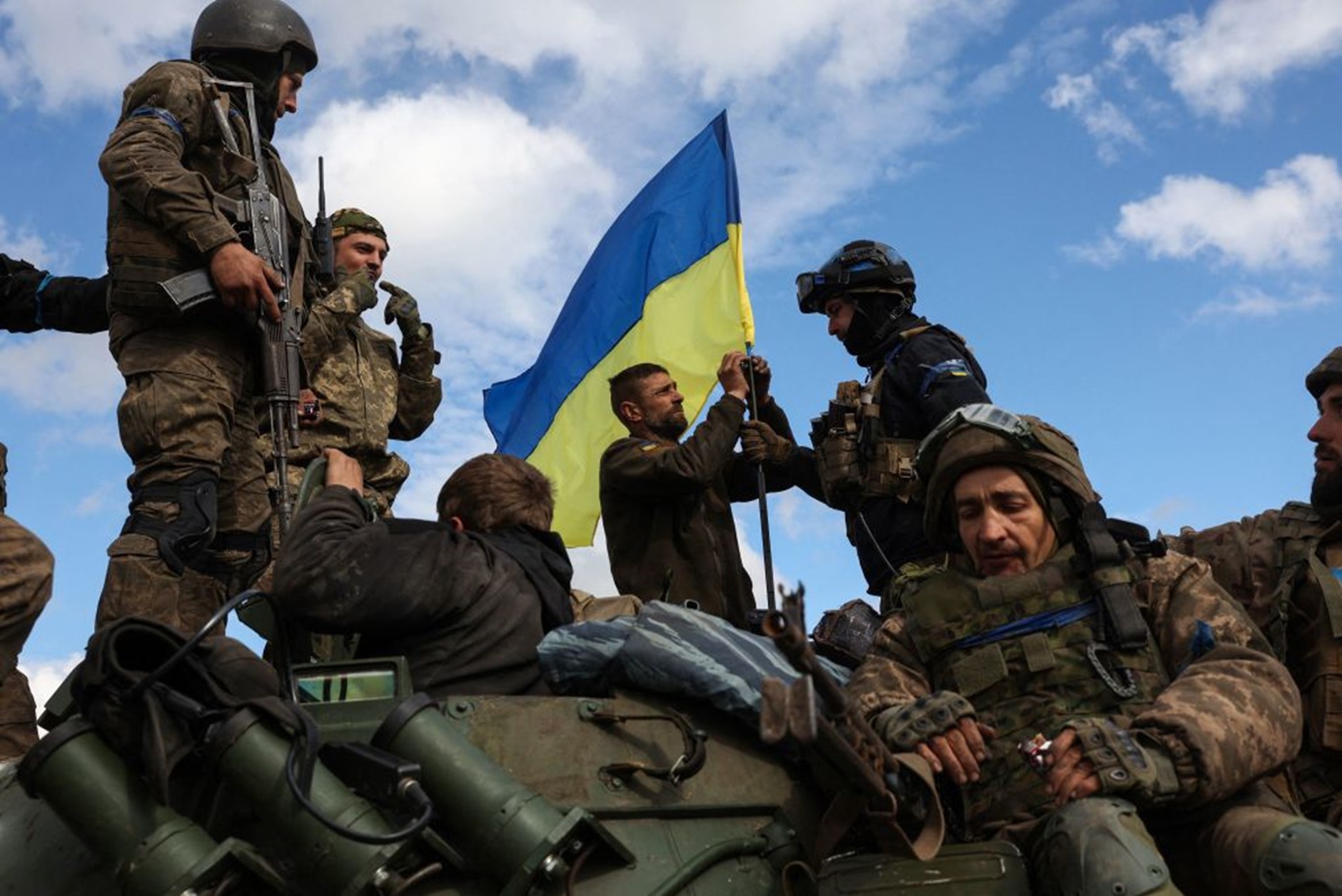
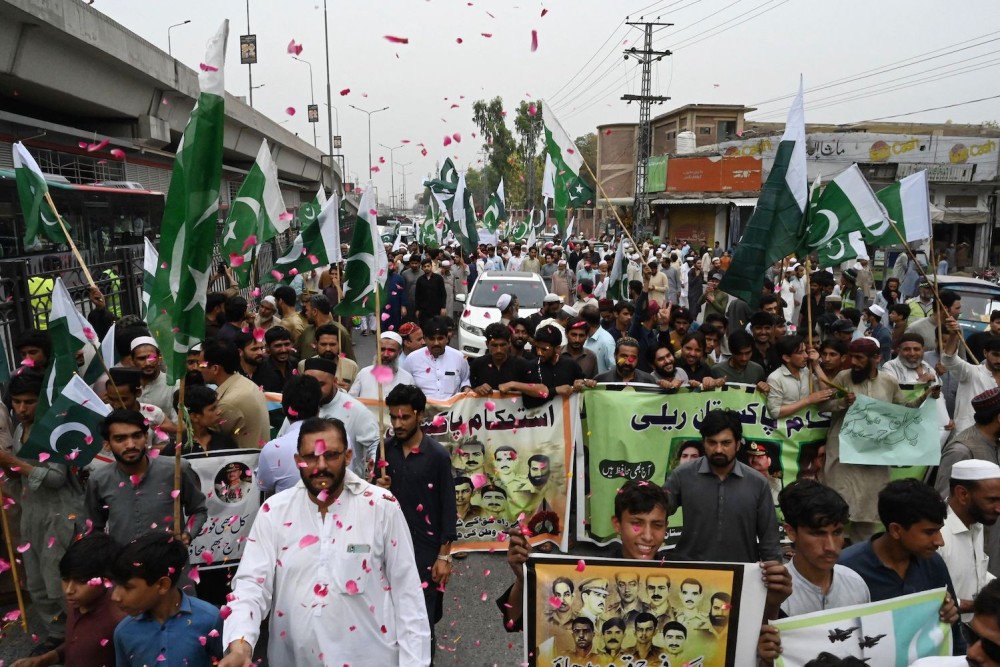
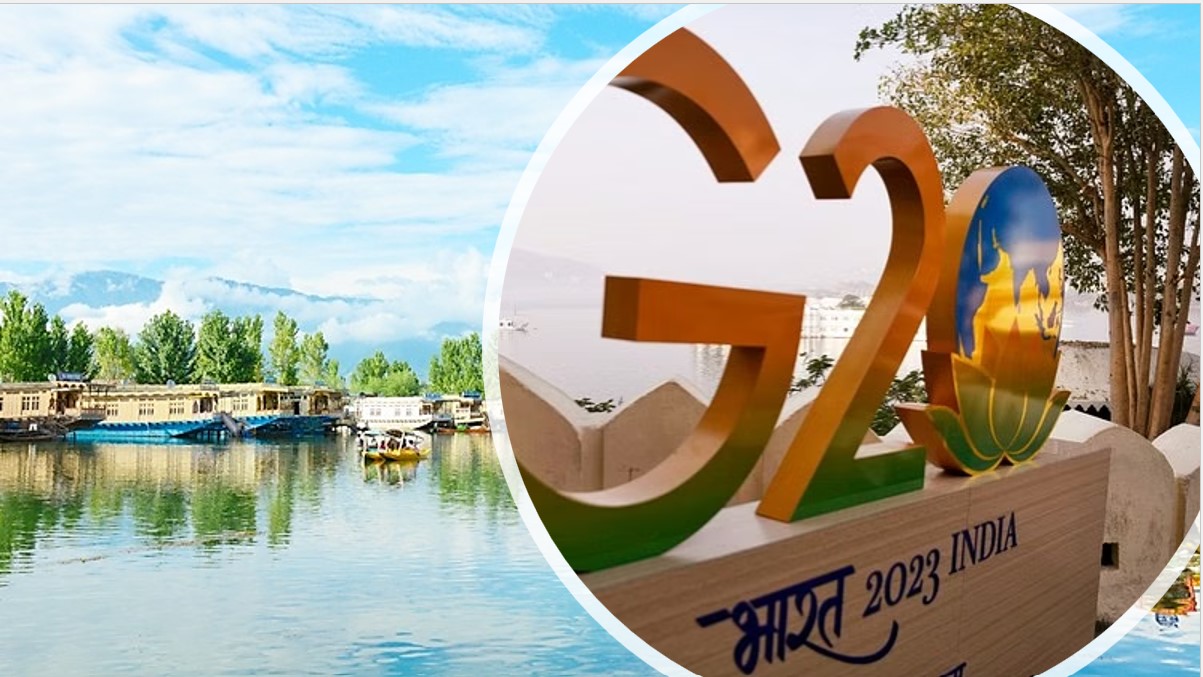
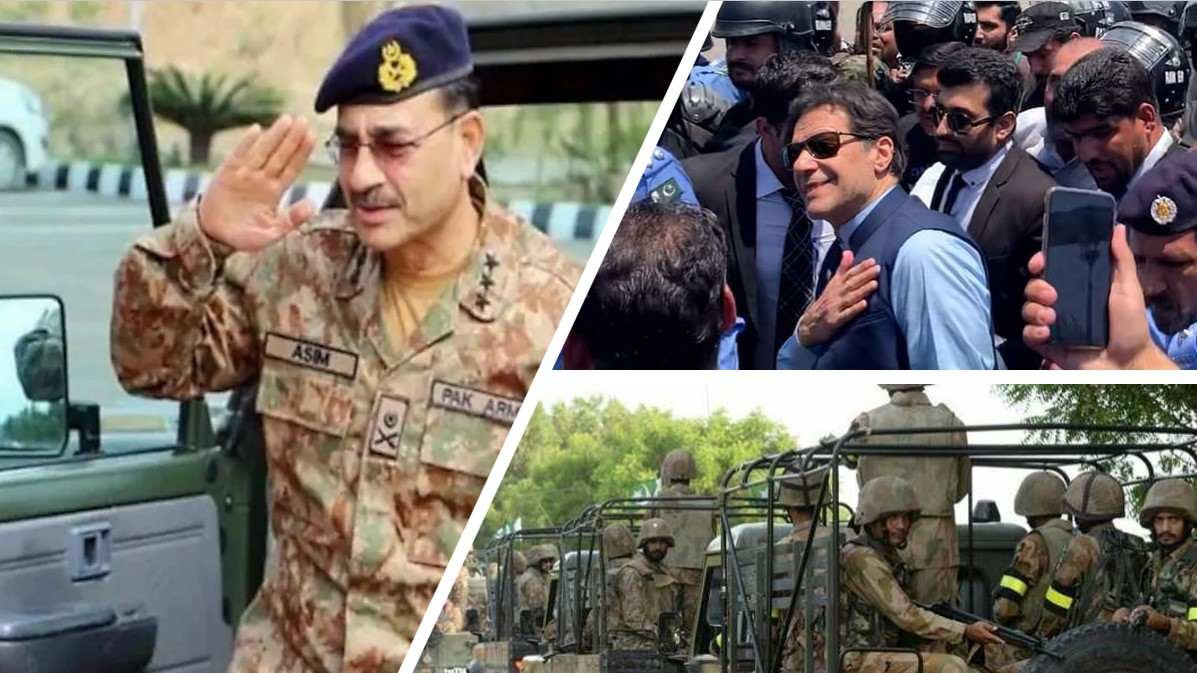
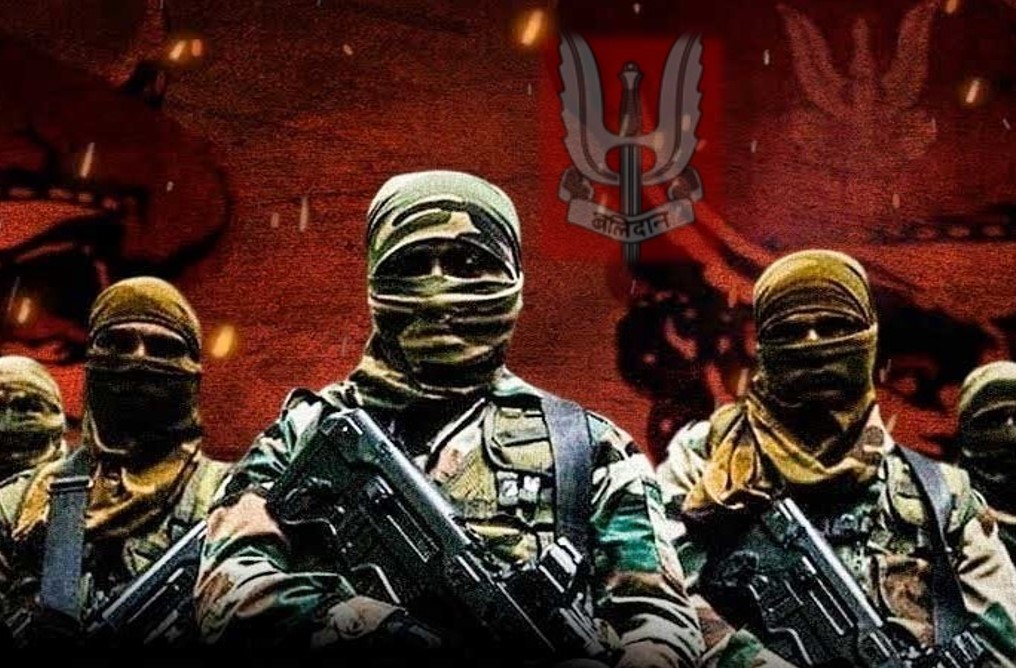
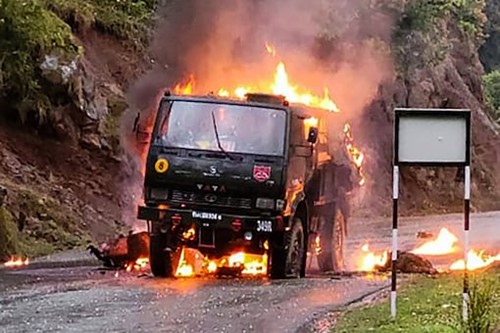
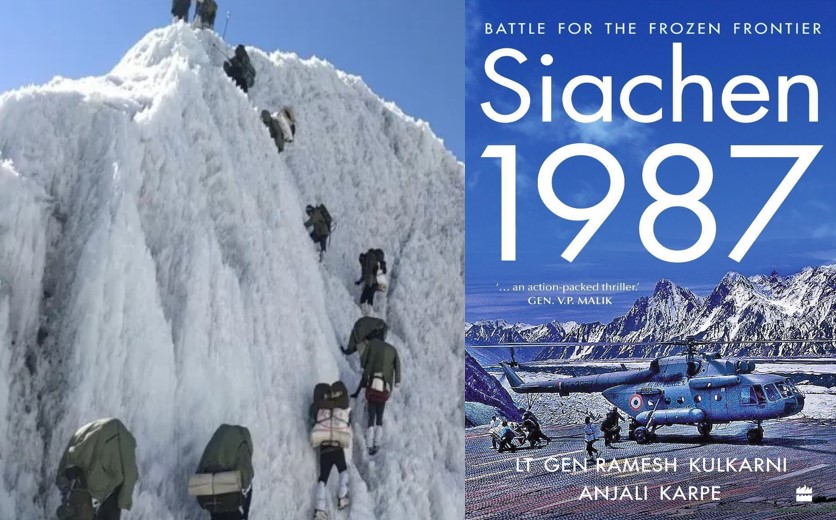
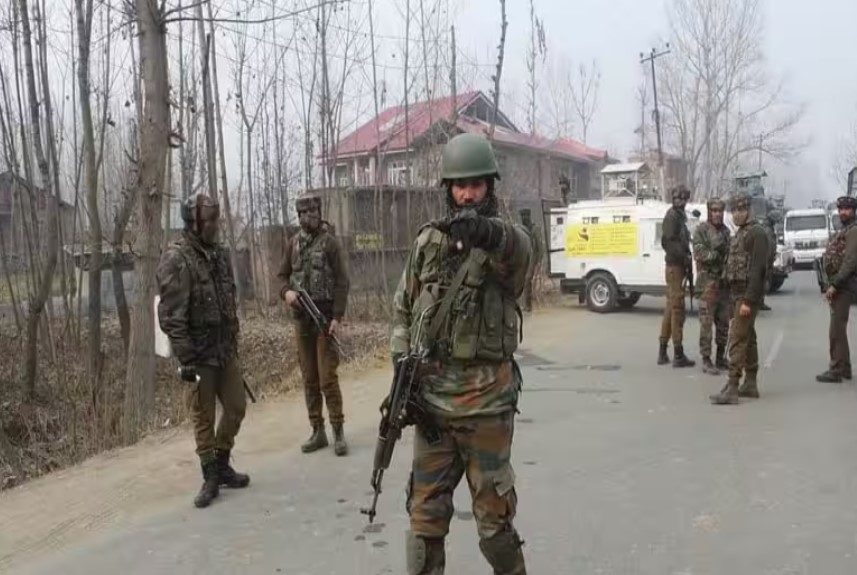
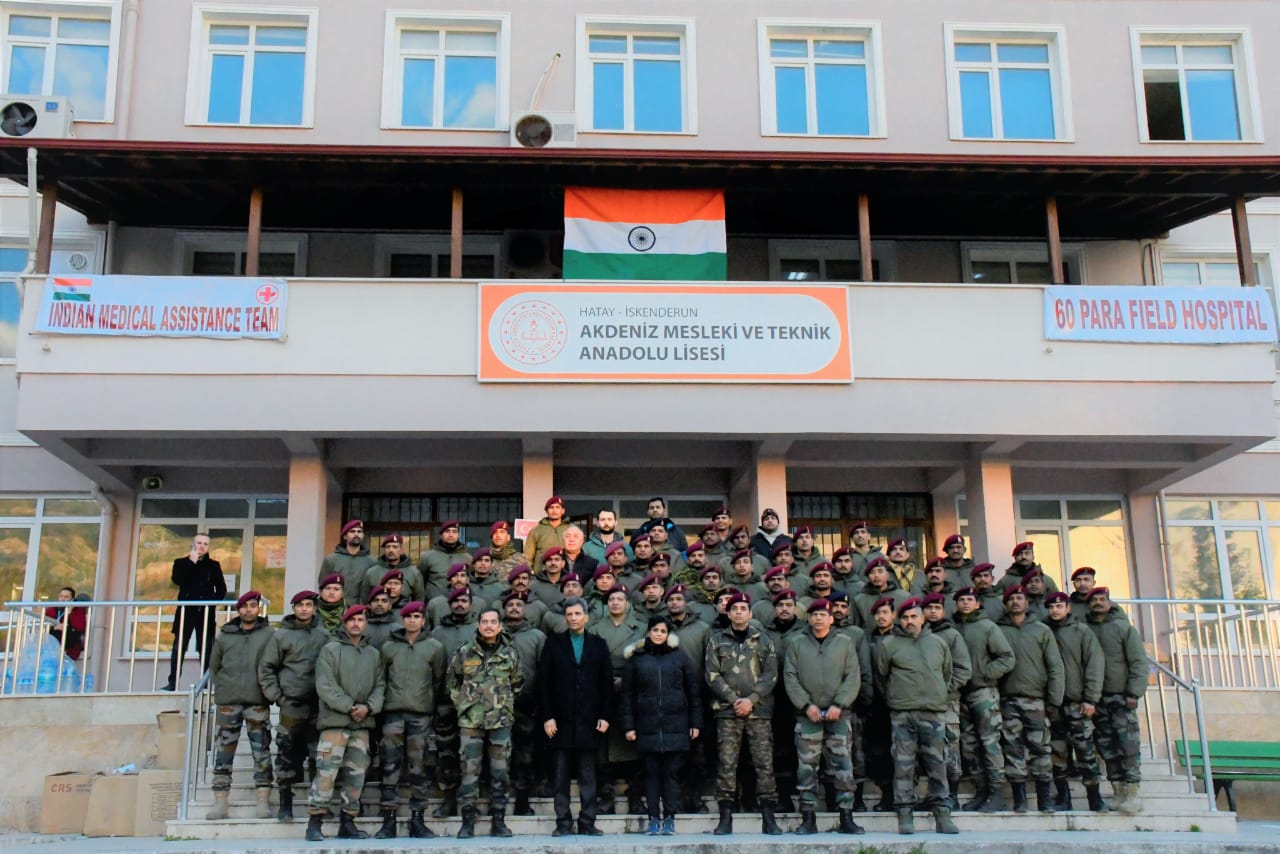
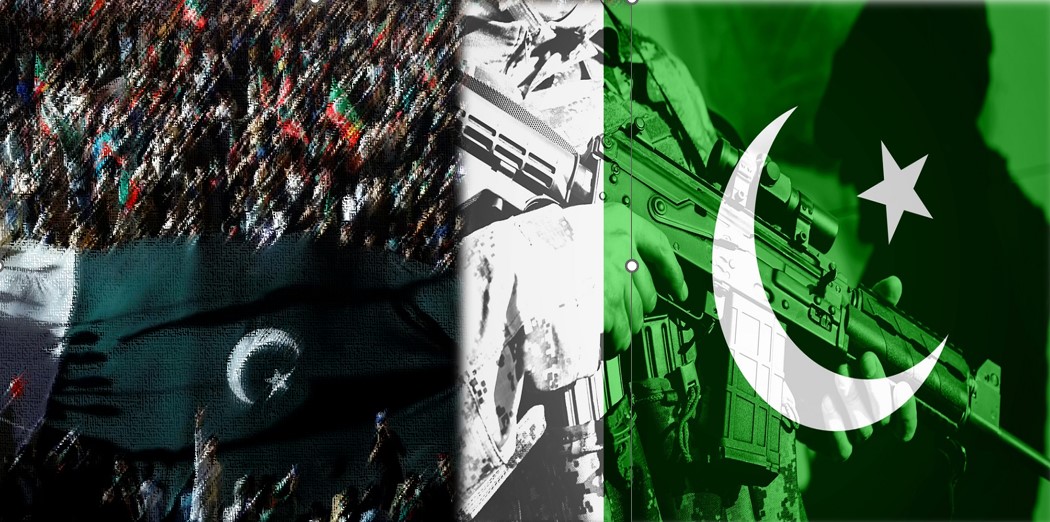






POST COMMENTS (9)
satyabrata
Laxmikant Mallya
Shreekant
Vikram
Ashok Taneja
Kaul JN
Shaheryar Javed Khan
Brajanarayan Mohapatra
Ashok